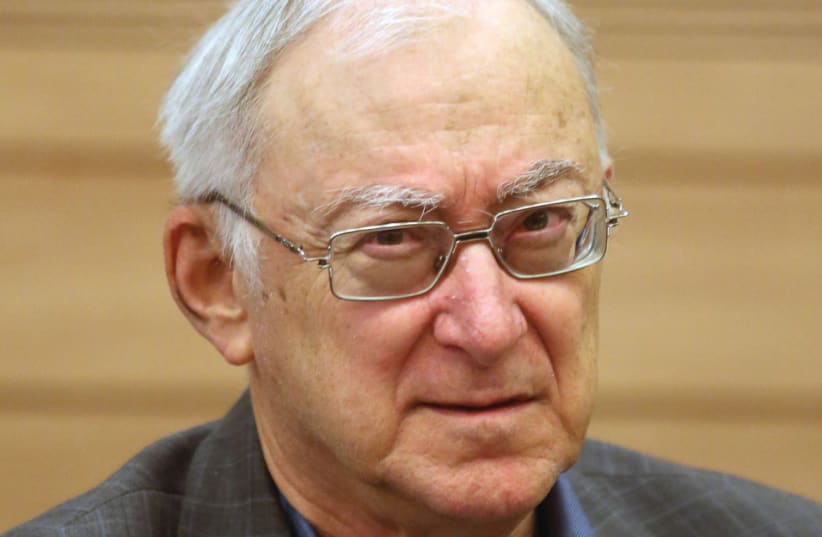A Related Video You May Like:
It also prohibits lecturers from presenting personal political beliefs as those belonging to the institution.Additionally, the ethics code also prohibits discrimination against students and in appointing new faculty or administrators to the institution due to their political views.The council said the code will be adopted in the disciplinary rules of all academic institutions by the beginning of 2019, adding that the institutions will be required to report to the council on their implementation of the ethics code by the beginning of 2020.To date, the code has been adopted by the council’s Subcommittee for Development and Academic Policy following a thorough review of Kasher’s proposed recommendations, which included discussions with representatives of higher academic institutions.It has been sent to the heads of universities and colleges to provide their input and comments. Afterwards, it will return to the subcommittee for further discussion before the final version will be brought to the council’s plenum for a vote.The heads of universities have expressed staunch opposition to the code of ethics, claiming that it will “stifle academic freedom.”“The interim decision of the Council for Higher Education committee continues the unfortunate line in which the ethical code is a political censorship that tramples on the most basic principles of academic freedom and free research, and is intended to silence mouths,” the Association of University Heads (VERA) said in a statement on Sunday.“We are already seeing a dangerous deterioration on the edge of the abyss with regards to freedom of expression and academic freedom, as is customary in dark countries and not in a country that claims to be a democracy,” the statement read.The university heads announced that they “do not accept the dictation from ‘the top’ and do not intend to serve as a tool for narrow political interests.”“We will continue to fight for academic freedom, free speech and freedom of expression in the democratic State of Israel,” the statement said.In response, Bennett tweeted that VERA’s response was “puzzling.”“They did not seem to have bothered to read the approved document. What is particularly astonishing: the document was unanimously approved on Tuesday by everyone, including representatives of the universities themselves,” he said. “Instead of hollow slogans, I would be happy to hear one substantive argument. Reality: The document strengthens freedom of expression and prevents discrimination based on opinion.”Despite the opposition, there were also proponents of the implementation of the code.“This is a breath of fresh air for Israeli academia,” said right-wing student group Im Tirtzu’s CEO Matan Peleg. “The code is a correct and necessary measure toward ending politicization in academia and ensuring that students receive an unbiased and pluralistic education.”Peleg added: “What we have witnessed over the past year – calls for intifada on campus, comparisons of Israel to Nazi Germany in the classroom, and professors promoting the boycott of Ariel University – show that the true test of the code still lies ahead and that it needs to be implemented in full force.”
Universities urged to implement code banning calls for boycott in lectures
Heads of universities express opposition, claim Council of Higher Education’s restrictions will ‘stifle academic freedom’.
